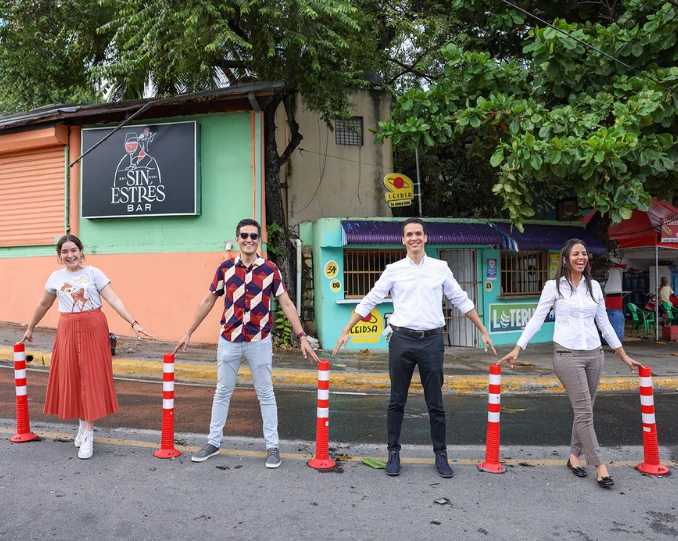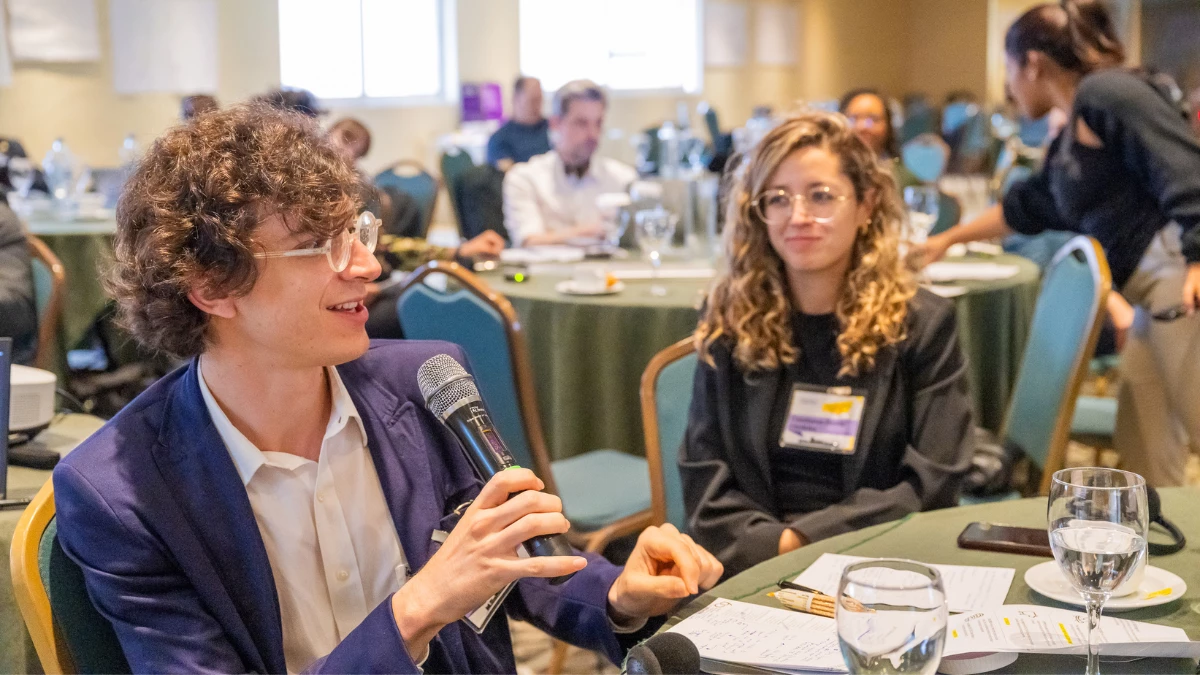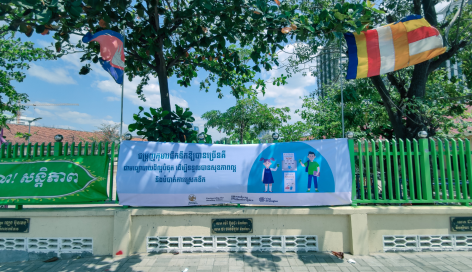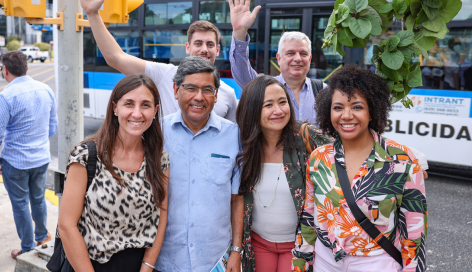Policy Accelerator
The Accelerator provides a set of tools and resources to help cities bring their policy ideas into fruition.

What is the Policy Accelerator?
Embedded within the Partnership for Healthy Cities, the Policy Accelerator supports cities in drafting policies and establishing the political strategies needed to develop and enact local health policies that prevent noncommunicable diseases (NCDs) and injuries.
The Policy Accelerator provides training and support that puts health leaders in the driver’s seat as they work on actual problems they are facing. The Accelerator places best-in-class tools, methods and expertise at the fingertips of participants that they can leverage for future challenges.
For more information, contact cities4health@vitalstrategies.org.
In the Policy Accelerator, we've learned the importance of using data and evidence to support our policy… It's very important to know the context, the problem and the exact magnitude we face.

Representatives from Mexico City joined 13 other cities enrolled in the Policy Accelerator for a three-day workshop in November 2023.
Explore
Read stories and updates from cities in the Policy Accelerator.

A program to improve nutrition in schools in Córdoba, Argentina, aims to boost health and the local economy

The city has been working with the Policy Accelerator to promote healthier food environments for school students.

Six Latin America cities convened in Santo Domingo, Dominican Republic late last year to share Policy Accelerator progress.
Technical details
Cities access intensive technical assistance on policy development and advocacy through curriculum-based engagement and collaborative learning and exchange. The Policy Accelerator guides city officials through the following steps in the policy process:
What is a "policy"?
For the purposes of this program:
“Policy” is defined as a law, regulation, procedure, administrative action, incentive or mandatory practice of governments and other institutions. Policy is distinct from programmatic or communications activities. Ideally, the policy should operate at-scale, applying to the entire affected population or across a large area of the metropolitan region.
For certain policy goals, city legislative authority may be limited, so cities must work within the limits of their authority. For example: The policy may establish local enabling rules to support the implementation and/or enforcement of a national law or regulation.
Equity considerations:
The Policy Accelerator encourages city officials to prioritize health equity when designing and implementing policies. The entire policy development process and the final result should be responsive to the needs of the entire community, including people with relatively little political power.